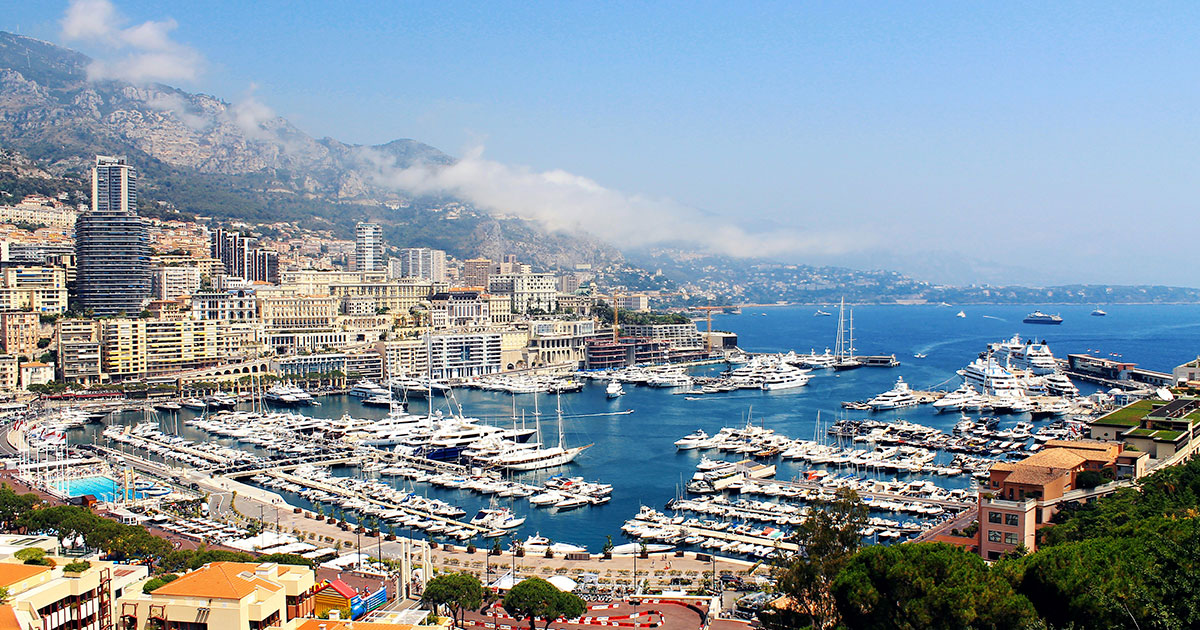The European Union has its own list of non-cooperative jurisdictions, also known as tax havens. This list is a non-binding one, therefore acting as a “bullying” diplomatic document against small island economies.
Given the above, Portugal has its list of what it considers to be non-cooperative jurisdictions, for tax purposes. Generally speaking, income made available by these jurisdictions to Portuguese resident taxpayers are subject to a flat tax rate of 35%.
Official List of Tax Haven Jurisdictions
List of Non-Cooperative Jurisdictions, as determined by the Portuguese Ministry of Finance
American Samoa, Liechtenstein, Andorra , Maldives, Anguilla, Marshall Islands, Antigua and Barbuda, Mauritius, Aruba, Monaco, Ascension Island, Monserrat, Bahamas, Nauru, Bahrain, Netherlands Antilles, Barbados, Northern Mariana Islands, Belize, Niue Island, Bermuda, Norfolk Island, Bolivia, Other Pacific Islands, British Virgin Islands, Palau, Brunei, Panama, Cayman Islands, Pitcairn Island, Channel Islands and Isle of Man, Puerto Rico, Christmas Island, Qatar, Cocos (Keeling), Queshm Island, Iran, Cook Islands, Saint Helena, Costa Rica, Saint Kitts and Nevis, Djibouti, Saint Lucia, Dominica, Saint Pierre and Miquelon, Falkland Islands, Samoa, Fiji, San Marino, French Polynesia, Seychelles, Gambia, Solomon Islands, Gibraltar, St Vicente and the Grenadines, Grenada, Sultanate of Oman, Guam, Svalbard, Guyana, Eswatini, Honduras, Tokelau, SAR Hong Kong (China) Trinidad and Tobago, Jamaica, Tristan da Cunha, Jordan, Turks and Caicos Islands, Kingdom of Tonga, Tuvalu, Kiribati, United Arab Emirates, Kuwait, Virgin Islands of the United States, Labuan, Vanuatu, Lebanon, Yemen, Liberia.

Miguel Pinto-Correia holds a Master Degree in International Economics and European Studies from ISEG – Lisbon School of Economics & Management and a Bachelor Degree in Economics from Nova School of Business and Economics. He is a permanent member of the Order of the Economists (Ordem dos Economistas)… Read more




